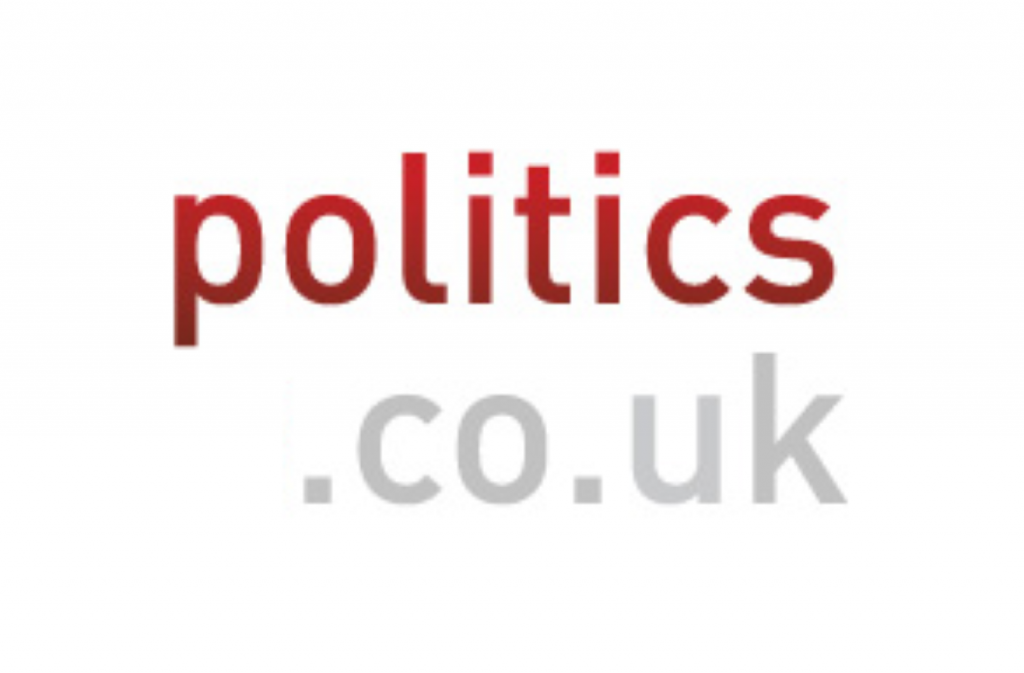IDS calls for euro referendum
The Conservative Party is to issue an ultimatum to the Labour government over its plans for a referendum on membership of the Eurozone.
In a speech planned for today, the euro sceptic leader of the opposition, Iain Duncan Smith, is likely to call on the Government to hold a referendum; ironically just as pro Europeans are calling for an end to delay.
Labour promised a referendum when five economic tests had been met. The tests were created to assess economic convergence and to reassure the public that the Government would not ask them to adopt the euro if it would harm the economy.
An announcement on the tests is expected this month. However, Mr Duncan Smith is likely to say that the tests are a mirage, and that the only test that matters to Tony Blair is whether he thinks he can win the referendum.


The Conservative Party leadership has been buoyed by gains in the recent local elections, which might have staved off a leadership challenge. This, along with hardening public opposition to the euro in the face of recent diplomatic rows with France, may have proven the boost their leadership needed to launch an attempt to set an agenda on the euro.
Iain Duncan Smith gave an interview to the Financial Times last month, claiming then that he felt the Tory Party was in a position to lead the debate on the single currency. This was despite Europe being the issue that has most divided his party in recent years.
Yet while the opposition is calling for a referendum in the belief that the public will vote no, pro euro MP’s and economist are calling on the Government to come out in favour of membership to turn public opinion ahead of a referendum.
Robin Cook, the former foreign secretary, has written an article for The Independent in which he calls on Tony Blair to establish a timetable for entry to the Eurozone in 2007.
Some analysts expect the Government to seek a less ambiguous stance to prevent further falls in the UK’s proportion of Europe’s inward investment. This is a problem noted by a panel of 11 international economists this week, who have raised concerns about the economic cost of delaying membership further.
Firmer support for the euro would also help to win favour with several EU countries with whom relations are strained, notably France, which the Tony Blair sees as an ally in the debate on constitutional reform because of similar views on the role of the member states.
Despite such considerations, it is widely believed that the Government is highly unlikely to set a date for a referendum soon, and many analysts now don’t expect one till after the next election. But with the tests coming to a conclusion this summer, and with strengthened leaders on both sides, the euro is expected to return to centre stage for the foreseeable future.












